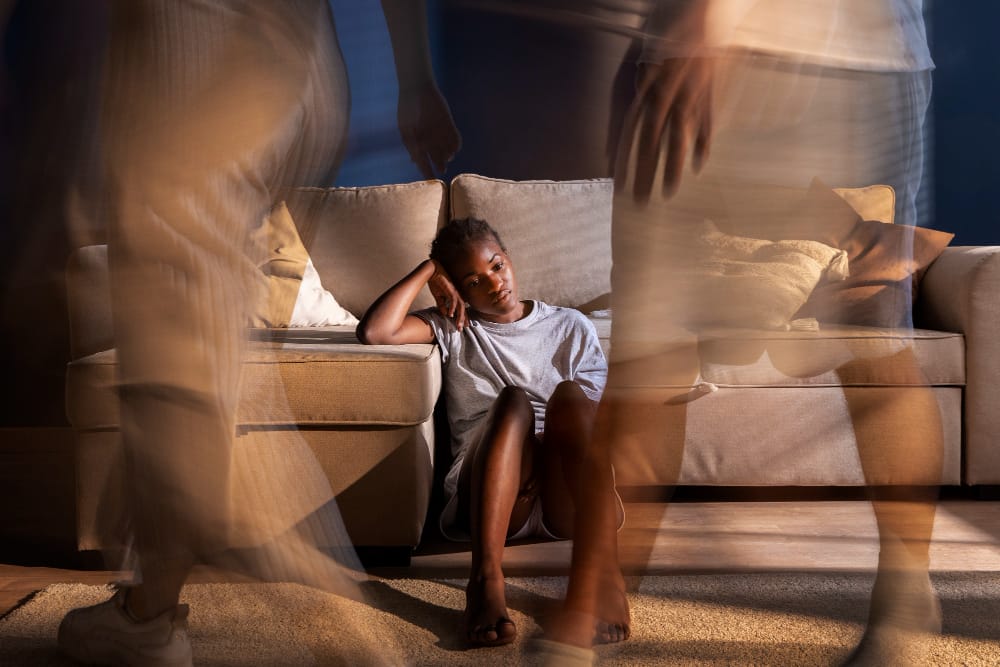
Helping Children with Fear – advice from a Play Therapist
All children have fears at some point in their life and it is usually considered to be a normal part of development. These fears are only abnormal if they are persistent or interfere with the child’s normal activities. Toddlers normally have simple fears of separation, noises, falling, animals and insects, using the potty, bathing and bedtime. Fears among preschool age children include simple fears of animals and insects, monsters and ghosts, getting lost, divorce, loss of a parent and bedtime. In children of all ages, fears may also increase during times of stress (new baby, moving, divorce, etc). They may also develop a fear after a triggering event, such as falling in the water, touching something hot, or being chased by a dog. Some children are more fearful of things, even common things, than others and this is usually just part of their personality. Also, children who have parents that are very anxious or fearful often have children who have the same reactions in similar situations.
Here are some tips to help your child to conquer his/her fears:
- Respect your child’s feelings and fears.
- Ask him why he is afraid and then talk about it.
- Don’t be overprotective and let him avoid all of the things that he is afraid of, but you also don’t want to try and force your child into doing something he is afraid to do.
- Don’t overreact, so that your extra attention reinforces your child’s reactions.
- Remind him of other things or times in the past that he was afraid of, and for which he is no longer has fears.
- Again, reassure and comfort your child as you help him to face his fears. In the long run, it is also not helpful to teach your child that it is alright to avoid everything that he is afraid of.
If a fear seems like it is turning into a phobia, with your child not responding to repeated reassurance or not being able to be distracted away from the fear, especially if the fears are interrupting his development or normal daily activities, then you should seek professional help from a child psychologist or play therapist.



